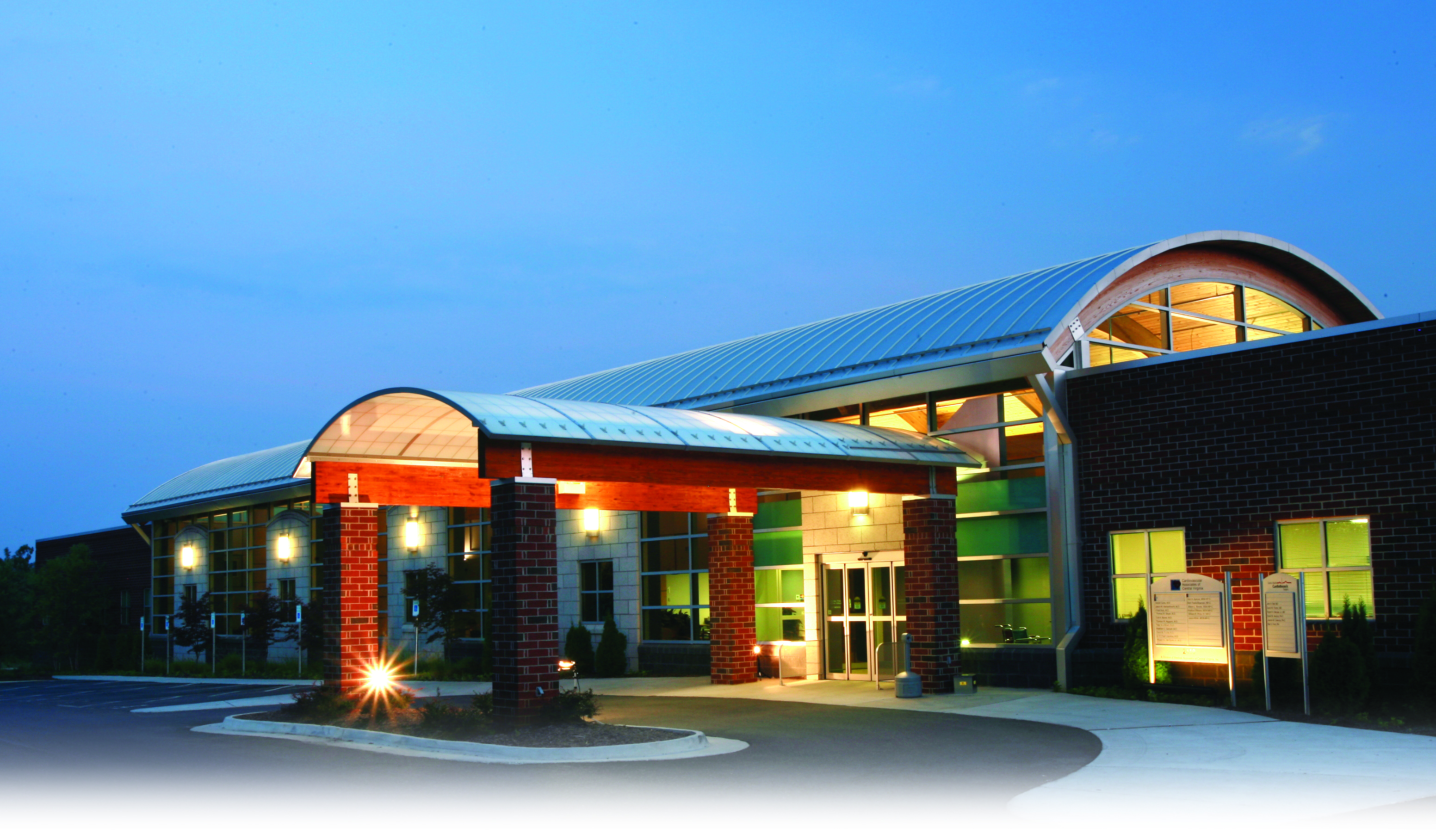What is Atrial Fibrillation (AFib)?
AFib is when your heart beats irregularly in the top chambers of the heart that can lead to stroke, heart failure, and dementia. AFib is the most common atrial arrhythmia. Atrial fibrillation is a chronic, progressive disease and can start and stop on its own or become a long-lasting problem. There are four types of atrial fibrillation: paroxysmal, persistent, long-standing persistent and permanent.
What does Centra's AFib Clinic offer?
In the AFib Clinic at the Centra Heart & Vascular Institute, we provide timely, comprehensive, specialty care for AFib patients. Goals of the AFib clinic include in-depth discussions around stroke risk reduction, management options to include rate versus rhythm control strategies as well as risk factor modifications. Rhythm control options include anti-arrhythmic medications and procedures like ablations. Ablation offers much better results than any anti-arrhythmic medication to maintain normal rhythm in the long run. We work closely with other specialties to help reduce risk factors known to contribute to atrial fibrillation, such as referrals to the Centra Weight Loss Clinic and Sleep Medicine Clinic.
Our Approach to Care
Stroke Prevention
Patients with atrial fibrillation are 5 times more likely to have a stroke. Our EP specialists use stroke risk calculations to assess the risk of stroke. The most commonly used stroke risk assessment is the CHA2DS2VASc which incorporates multiple factors that contribute to stroke development in AFib patients.
- Medications called anticoagulants are used to prevent stroke in patients with atrial fibrillation.
- Left Atrial Appendage Occlusion such as Watchman is also a way to prevent stroke in patients with atrial fibrillation that have a high risk of bleeding.
- We perform approximately 150-200 Watchman procedures a year.
Rhythm Control (Restoring & Maintaining Sinus Rhythm)
Our goal is to help patients restore and maintain sinus rhythm to help decrease their symptom burden, improve quality of life, and reduce the risk of complications from atrial fibrillation. We can achieve this through medications, cardioversion, catheter ablations or combination of these.
- Medications called antiarrhythmic drugs can help with restoring and maintaining sinus rhythm.
- A non-invasive procedure called cardioversion, temporary fix, can be used to restore sinus rhythm although often will require additional rhythm control measures to maintain sinus rhythm long-term such as antiarrhythmic medications or ablation.
- Catheter ablation helps restore and maintain sinus rhythm for a longer period of time. We offer multiple types of ablations, such as radiofrequency, cryotherapy, and hybrid surgical ablation.
- We perform approximately 600 afib ablations per year.
Rate Control
Rapid heart rates can contribute to symptoms such as dizziness, palpitations, shortness of breath and fatigue. If left untreated, atrial fibrillation can weaken the heart muscle and lead to heart failure.
- Medications such as beta blockers or calcium channel blockers can be used to help control your rate while in AFib.
- Implantable cardiac devices such as pacemakers are sometimes needed to provide rate stabilization to be able to use rate or rhythm control medications.
- AV node ablation is used along with a pacemaker when medications or ablation procedures are not enough to help treat atrial fibrillation.
Risk Factor Management
Risk Factors associated with atrial fibrillation:
- Advancing age
- As we get older the chance of one having AFib goes up regardless of other risk factors.
- Obstructive sleep apnea
- We often refer patients to sleep medicine to help with diagnosis and treatment of obstructive sleep apnea.
- Obesity
- We discuss the importance of diet modifications and regular exercise.
- Losing 5-10% of weight can immensely help to reduce the burden of AFib in the long run.
- We often recommend referrals to the Centra Weight Loss Clinic for weight loss assistance.
- Hypertension
- Adequate blood pressure control with a blood pressure goal less than 130/80 is important to reduce cardiovascular and AFib risk.
- Diabetes Management
- Control of diabetes is crucial to decrease overall cardiovascular risk.
- Alcohol Cessation
- Any alcohol intake can increase risk of AFib.
- Studies that show even with mild to moderate alcohol consumption there can still be a risk of developing AFib.
- Recommend cessation of alcohol to reduce risk.
- Smoking
-
Smoking increases risk of atrial fibrillation, stroke and overall cardiovascular risk and complete cessation is strongly recommended.
-
Our Team
The AFib Clinic is led by a team of electrophysiology APPs who work closely with electrophysiology cardiologists in a team-based approach. Our AFib coordinator helps to provide education on the diagnosis of atrial fibrillation, treatment plans, and risk factor modification. She also serves as the point of contact for patients to call with questions or concerns and helps coordinate patient care.
Need to Schedule an Appointment?
Call our office at 434.200.5252 and press option 3 and then ask for the EP AFib Clinic to make your appointment with us!








